Acres of farmland and ranchland protected in perpetuity through agricultural conservation easements.
Acres under reduced development pressure due to smart land-use planning and tax policies.
Catalyzed in federal and state funds to help farmers and ranchers adopt new conservation practices or protect their land.
Our programs are designed to move the needle on the three parts of our mission: protecting farmland, promoting sound farming practices, and keeping farmers on the land. Our relationships with farmers help us stay connected to the real-world challenges in agriculture, while also allowing us to test new concepts and models that can be scaled and replicated. In 2024, our staff trained and supported 31,750 farmers, ranchers, and landowners, 4,028 of whom were part of underserved communities. We trained or supported an additional 12,835 professionals, including land trust staff, agricultural educators, policymakers, and government employees at every level.
Our leadership of the National Agricultural Land Network has enabled us to provide training and networking spaces for land trusts, public agencies, conservation and farm organizations, planners, and policymakers. We share key data with the network’s more than 1,400 members and beyond.
AFT is the only agricultural land trust with a national scope, enabling us to take on projects that other groups can’t. We have protected farms and ranches in 26 states. In addition, we support the work of local and state land trusts across the nation. Our Buy-Protect-Sell (BPS) program is an innovative model that not only protects vulnerable farmland but then gets it into the hands of incoming farmers at an affordable price. Through our Farm Legacy program, farmers and ranchers around the country have donated property, knowing that it will be stewarded wisely.
Taken together, these efforts ensure the viability of agricultural operations and the affordability of land for future generations, mitigating the impact of climate change, and safeguarding wildlife habitats.
Our researchers maintain the nation’s best land-cover data, evaluate conservation outcomes, and study farmer demographics. Their assessments, forecasts, and state-specific tools are used by land trusts, universities, and city, county, and state agencies across the United States.
Our Farmland Information Center is the largest online collection for information on farmland and ranchland protection and stewardship in the United States. FIC staff provide practical information and technical assistance unavailable anywhere else to farmers, ranchers, landowners, and entities working to save farmland and ranchland for agriculture.
AFT has excelled in the role of convener since it was founded, uniting voices in support of conservation agriculture. Our commitment to federal and state policy that benefits farmers and ranchers—and their land—has driven initiatives that ensure a better future for everyone. AFT has played a significant role in federal Farm Bills since 1985. Our work has contributed to the improvement and expansion of federal agriculture programs that benefit farmers and ranchers like the Conservation Reserve Program (CRP), the Environmental Quality Incentives Program (EQIP), the, Farm and Ranch Lands Protection Program (FRPP) and its successor, the Agriculture Conservation Easement Program (ACEP).
Since 2020, AFT has been making direct support to farmers and ranchers through our grant programs. We have awarded more than 250 grants totaling over $4.8 million.
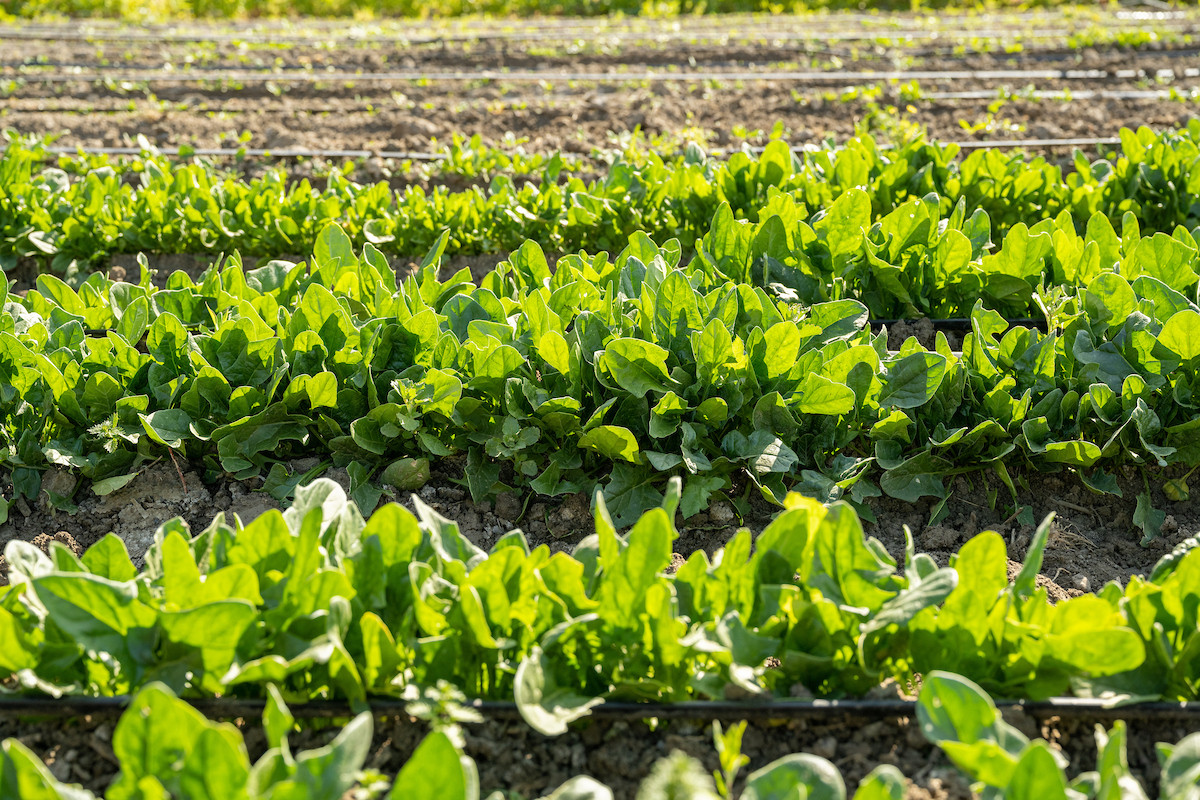
An aspiring farmer in New York City found farmland through Farmland for a New Generation New York.
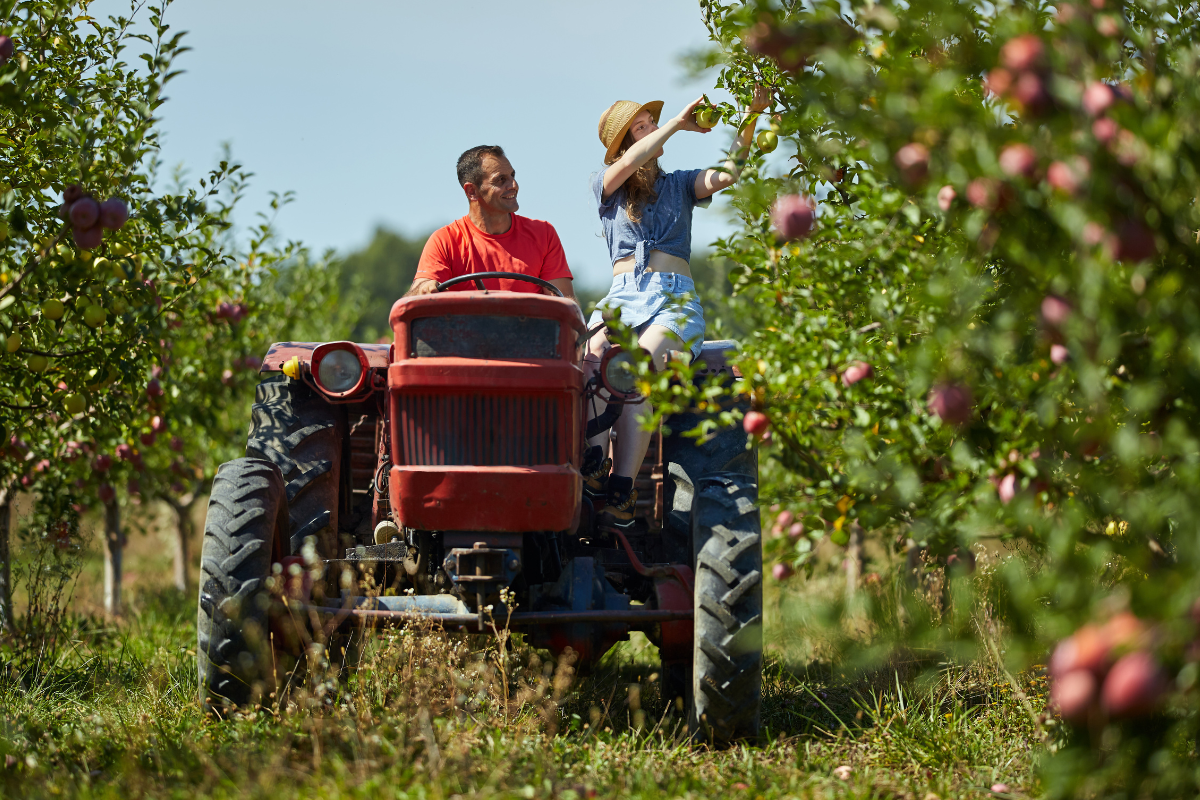
New York farmer Kama Doucoure used a microgrant from AFT to hire a consultant to consult on his business expansion plans.
A gift to AFT of an avocado ranch pays tribute to California produce giant Sam Perricone.
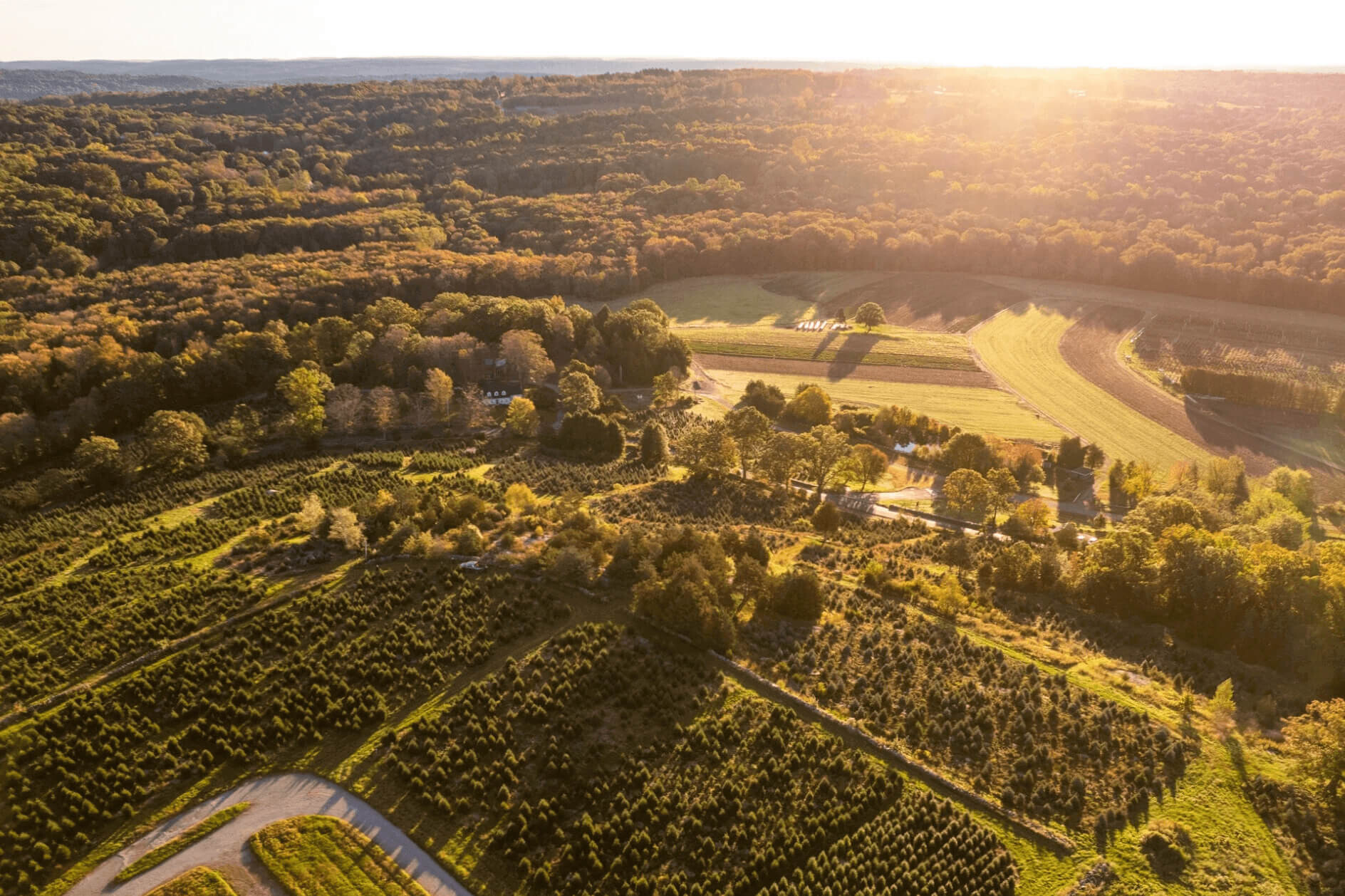
Lorie Ames participated in AFT's New York Soil Health Specialist training to improve her work with farmers.

Frank Suttles, Jr., improved his pasture and protected a nearby river.

Ken Merrick reduced runoff from his cattle operation by implementing conservation practices.
.jpg)
George Houser worked with fellow farmers and citizens and AFT to develop guidelines for local farmland protection, protect his own farm, and inspire many of his farm neighbors to protect thousands of acres of their own land.
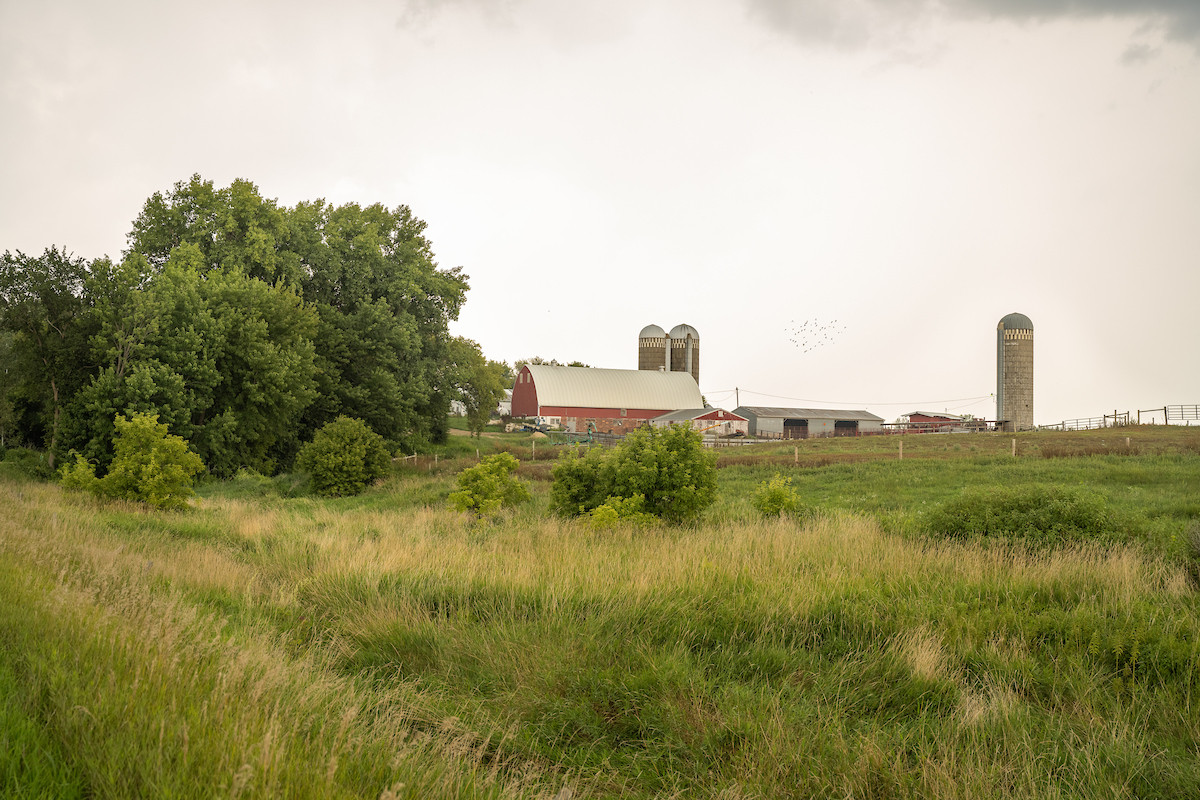
Laura Jean Kreissl and her siblings donated their grandparents’ land to American Farmland Trust to honor their legacy.

Clara Beth Claxon’s participation in a water quality trading program benefited her cattle.

The Lowmillers improved their farm by participating in the first interstate water quality trading market.

AFT helped the Ogilby family save their historic farm, which abuts a major metropolitan area.
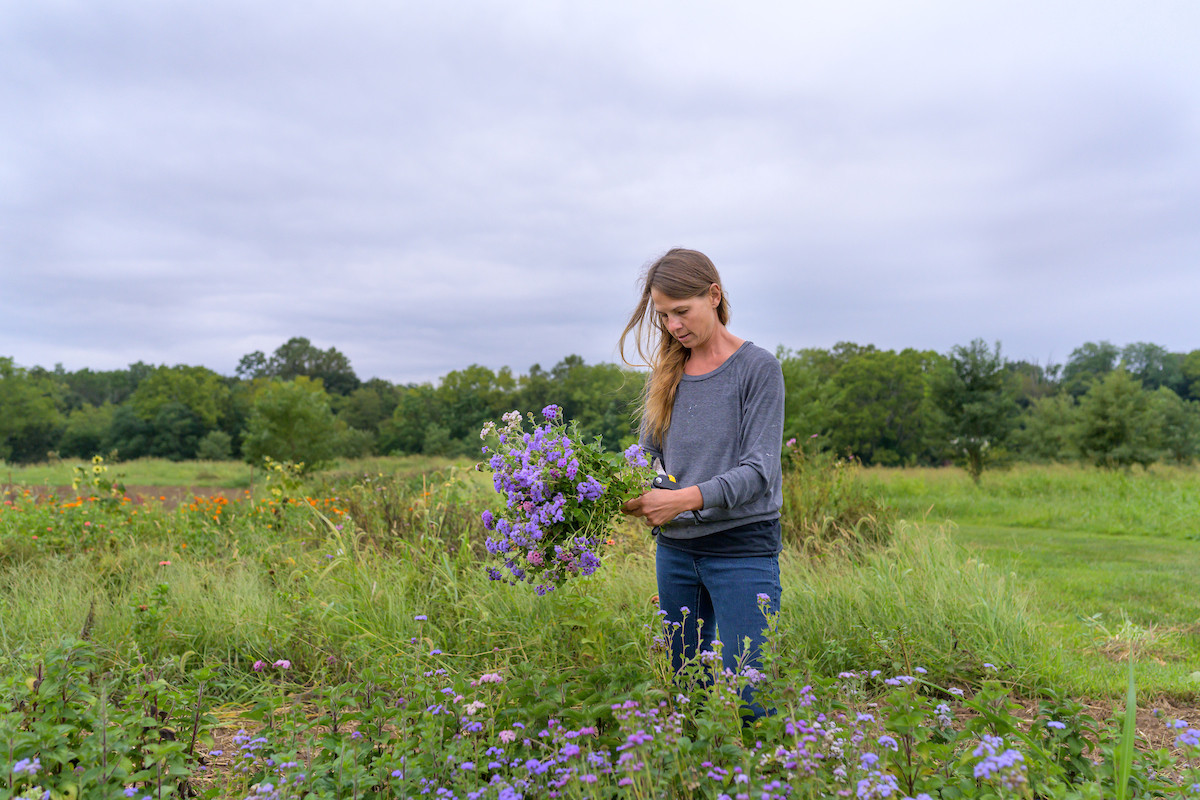
Rob Manigold worked with AFT to protect land and to plant pollinator habitat.